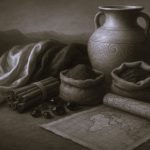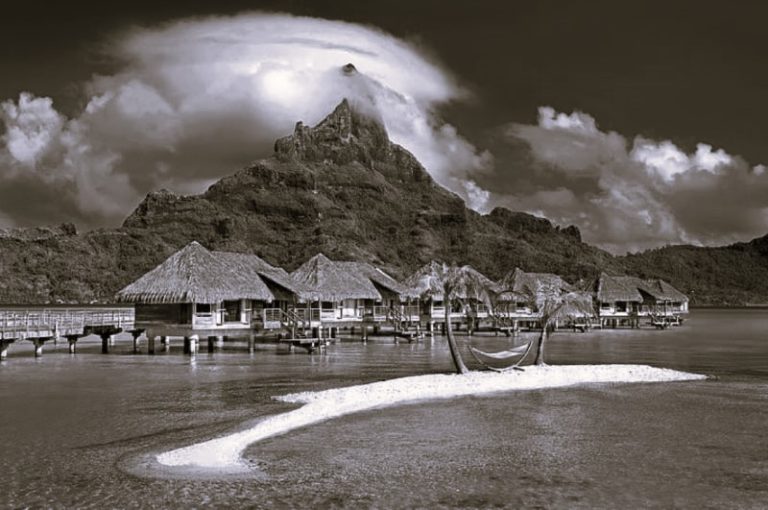
By Rachel Phua
Inside an aging industrial park, a nutty, sweet aroma wafts through the air. Smoke billows out of one particular shophouse in a row of red-brick, one-story factories.
Inside, four men clad in polo shirts, hair nets, masks, and heavy-duty gloves emerge from the smoke. With metal rods, they repeatedly slam a mound of caramelized coffee beans inside a tub, breaking them apart. These are employees of Kim Guan Guan, one of the last traditional coffee roasters in Singapore.
Jason Soon founded Kim Guan Guan in 1988. Initially, he saw coffee as only a business opportunity. For years, all he did was import and sell raw coffee beans. But soon, coffee grew into his passion. In 1996, Soon bought a coffee roasting factory and learned how to make kopi, a style of coffee unique to Southeast Asia.
When robusta beans are cooked with copious amounts of sugar and margarine, then ground and brewed, the result is a distinctively thick, luscious cup of coffee. Often, the coffee is made using a flannel sock as a filter, and poured into ceramic or glass cups from long-sprouted kettles to create a frothy, smooth brew. It can be drunk black, or with sugar and evaporated milk.
READ ENTIRE ARTICLE AT ATLAS OBSCURA







